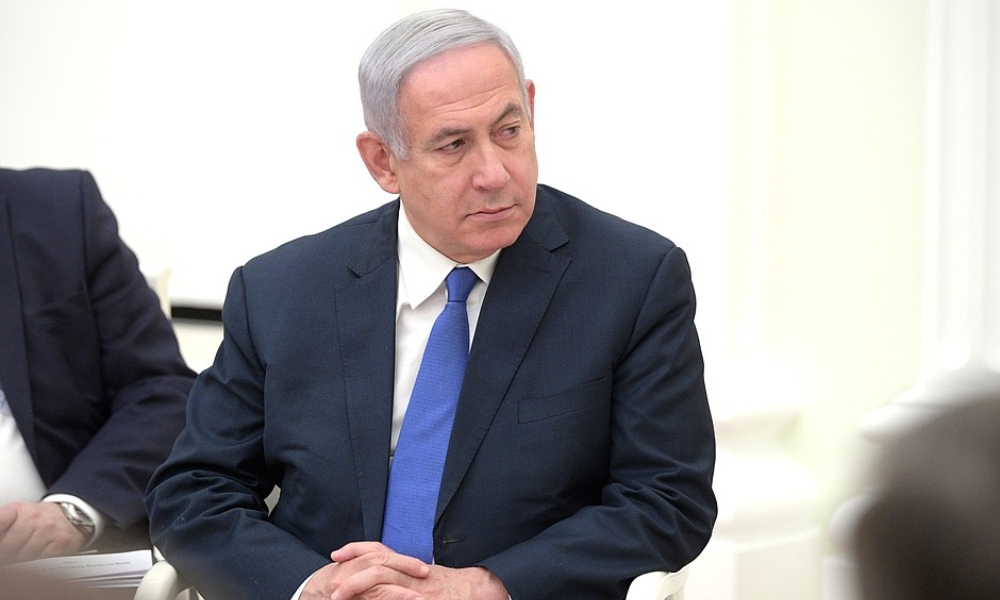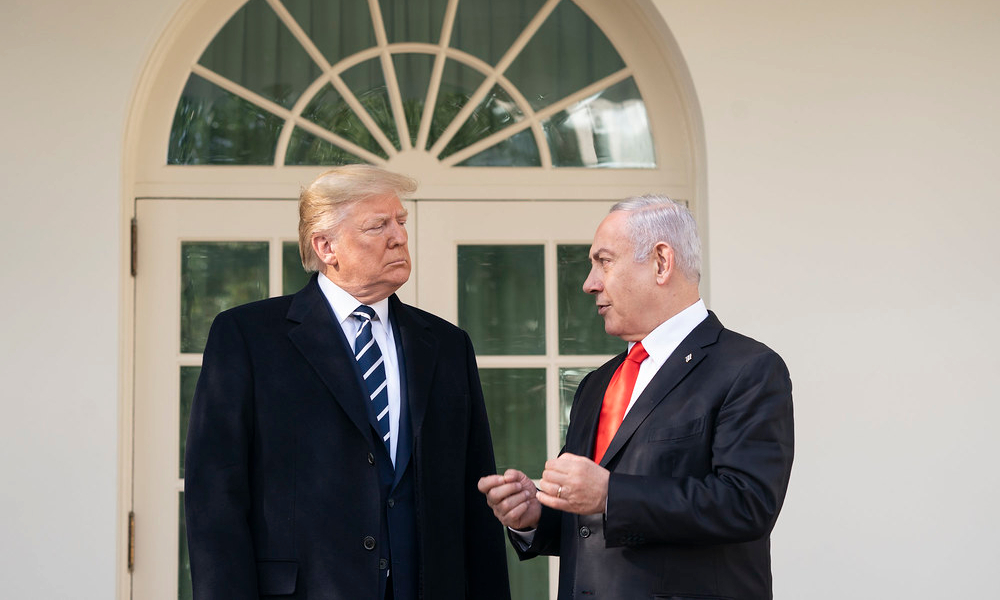President Trump’s peace plan challenges long-held views of the Washington foreign policy establishment, including those of pro-Israel Democrats. When the government of Israel, backed by a broad consensus of its citizenry, adopts the plan and proceeds to annex a portion of the West Bank as early as July 1, a moment of truth will arrive. Pro-Israel Democrats will have to decide: Do they like an Israel of their imagination or one of real Israelis?
Most of my friends in the Washington foreign policy establishment— diplomats, civil servants, think-tankers and journalists—are pro-Israel Democrats. They do not agree with every policy decision of the government of Israel. But, unlike critics of Israel in the left-wing of the Democratic Party, they fully support the traditional U.S.-Israel security relationship, including its expansion under President Obama. And when they disagree with recent governments of Israel, as they often do on issues ranging from Iran to the Palestinians, they describe the criticism as “tough love.”
The Trump administration has challenged the Washington establishment, in particular, on the need to proceed on Jerusalem and territories Israel won in the 1967 War only through negotiations with the Palestinians and with the public support of friendly Arab countries. Two years ago, President Trump moved the U.S. embassy in Israel to Jerusalem, amidst dire warnings of Arab world repercussions from the Washington establishment. The warnings of imminent explosion didn’t come to pass.
Next the Trump Administration recognized Israeli sovereignty over the Golan Heights. Conquered by Israel from Syria in the 1967 War, the Golan provides a strategic buffer between northern Israel and the civil war in Syria. The establishment again cried foul, but again there was no backlash in the Middle East.
The third and most significant challenge by the Trump Administration will come this summer when the newly formed Israeli government takes up the Trump Peace Plan. It allows Israel to annex up to 30 percent of the West Bank, including the strategic and thinly populated Jordan Valley, plus existing Israeli settlements. The only conditions for such annexation in the Trump Plan are that the Israeli government must accept the entire plan (which envisions a Palestinian state in the remaining 70 percent of the West Bank) freeze settlement building in the West Bank outside of the areas annexed, and agree to negotiate in good faith with the Palestinian Authority.
The Washington establishment does not consider the Trump Plan a serious proposal for peace, noting that it frontloads Israel’s annexation of up to 30 percent prior to negotiation with the Palestinians. The mantra from the establishment is negotiations and not unilateral steps. The Trump administration replies that the Palestinians have consistently refused to negotiate with successive Israeli governments on peace proposals, from the Clinton parameters of 2000, the Olmert Plan of 2008, the Kerry Plan of 2014, and now the Trump Plan. There is a cost to one party consistently refusing to negotiate over peace proposals, according to the Trump Plan.
The moment of truth for pro-Israel Democrats has a target date of July 1, when the Netanyahu government proposes to submit the Trump Plan, including annexation, to the Knesset for adoption. It will do so with the broad consensus of the Israeli political spectrum representing more than 75 percent of the Israeli electorate as determined in the March elections, including the center and center-left parties. Some of the far-right (13 percent) reject the Trump Plan because it calls for a Palestinian state, and all of the far left (14 percent) rejects any annexation. The Israeli Labor Party, the Democrats’ sister party, accepts the Trump Plan and has joined the coalition government under Prime Minister Netanyahu.
What is to be done? Based on their reactions to the Embassy move to Jerusalem, pro-Israel Democrats will choose one of two options. First, most will continue to dismiss the Trump Plan in toto, prefer to keep faith with the Democratic left wing, ignore the plan’s support within Israel and identify with a fringe coalition on Israel’s far left. Second, some of the savvier members will condemn the Plan but give themselves some wiggle room in case the predictions of doom don’t completely pan out. Aiming to preserve standing in mainstream Israeli political circles without challenging the Washington consensus, these savvier members will likely only succeed in somewhat diminishing their influence in both places.
There is a third option for pro-Israel Democrats. It involves recognizing the reality of Israeli politics, supporting the Israeli center and center-left in their negotiations within the new government in order to limit annexation under the Trump Plan, and strengthening the party’s long-term relations with Israel. The one Democratic leader who seems inclined to the third option thus far is Senator Ben Cardin of Maryland. He has refused to sign a letter circulating among Democrats condemning annexation under the Trump Plan.
The third option—engaging with the new Israeli government over the Trump Plan —recognizes where the consensus in Israel truly lies. It favors annexation for security purposes of some but not all of the portions allowed under the Trump Plan. Polls show the majority of Israelis favor annexing the Jordan Valley (assuming it can be managed long-term with Jordan) and settlement blocs adjacent to the pre-1967 border for security purposes, but not all of the West Bank settlements. Engagement with Israel over the Trump Plan allows the pro-Israel Democrats to exercise some influence on the actions of the new Israeli government, thereby showing leadership.
The alternative—continued rejection of the Plan—is certainly the path of least resistance within the Washington establishment. But it is unsustainable for centrist Democrats to align with the far-left fringe of Israel. Engaging with centrist Israel is messy, noisy and necessary. Otherwise, you have a party that says it likes Israel, just not Israelis.
Bob Silverman, former U.S. Foreign Service Officer and President of the American Foreign Service Association, teaches Middle Eastern Studies at Shalem College in Jerusalem.













